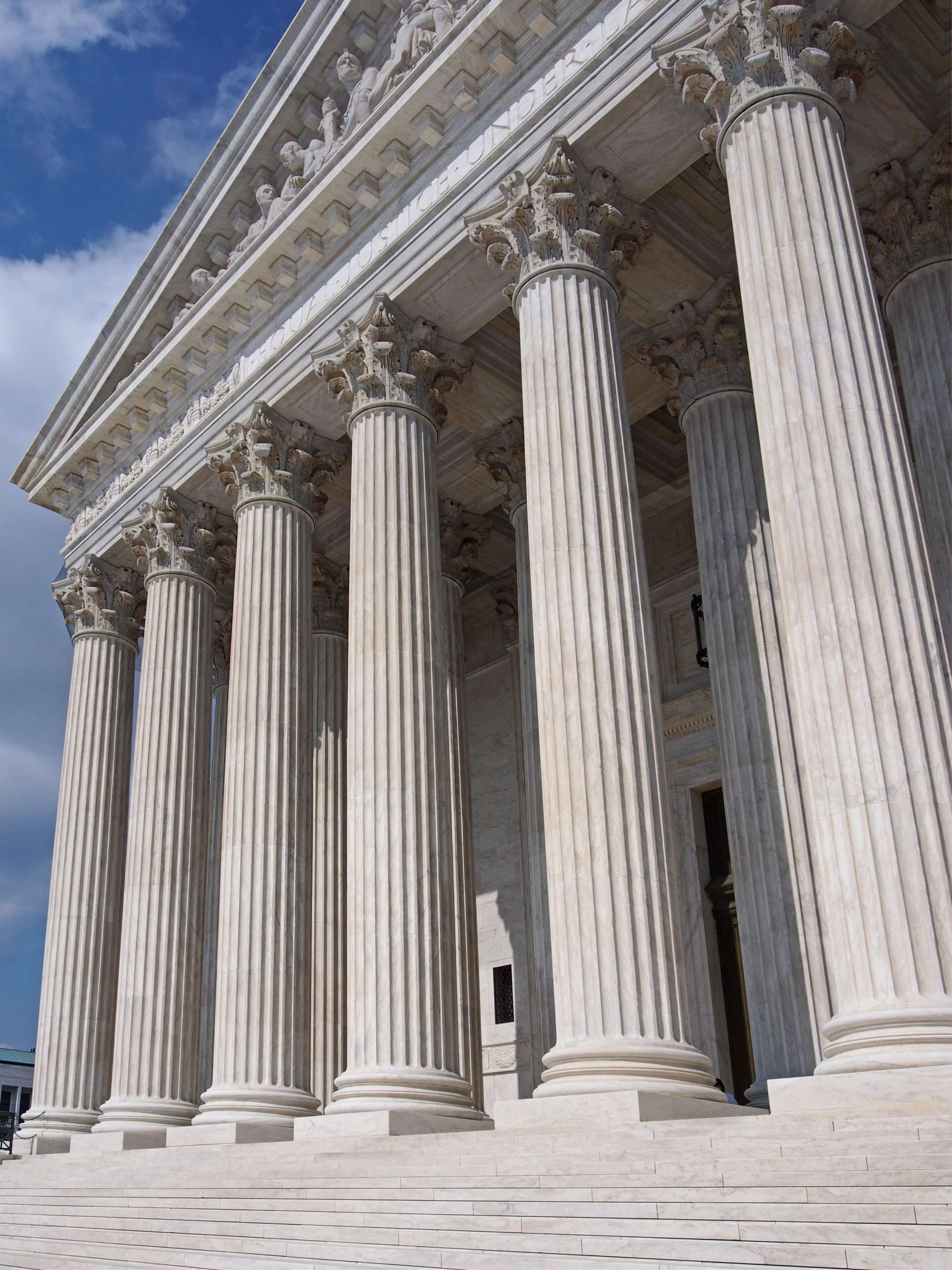Sexual Assault by Police Is a Systemic Problem That Demands a Systemic Remedy

*** Victory! Update! *** On August 16, 2022, the Montana Supreme Court held that law enforcement officers do not, as a matter of law, act “within the scope of their employment” when they use their authority as on-duty officers to sexually assault a person they are investigating for a crime. Specifically, the test of an employer’s liability is whether the act “arose out of and was committed in prosecution of the task the officer was performing for his employer,” which is based on “the nature of the employment and how the employment relates to the context in which the commission of the wrongful act arose.” Therefore, in L.B.’s case, this is a question for a jury to decide.
***
On October 14, 2021, NWLC, along with our partners The Roderick & Solange Macarthur Justice Center and Women’s Law Project, filed an amicus brief from six organizations committed to gender justice and government accountability to the Montana Supreme Court in support of L.B., an Indigenous woman and rape survivor, in L.B. v. U.S.A.
 In 2015, L.B. and her children were asleep in their home in the Northern Cheyenne Reservation in Montana when a federal police officer from the Bureau of Indian Affairs entered their home. The officer threatened to arrest L.B. for being intoxicated in the presence of her children and to have her children taken away from her unless she had sex with him. As a result of the rape, L.B. became pregnant and gave birth. The police officer pleaded guilty in a related criminal case, and this matter involves the civil case that L.B. filed against the officer and the U.S. government for money damages.
In 2015, L.B. and her children were asleep in their home in the Northern Cheyenne Reservation in Montana when a federal police officer from the Bureau of Indian Affairs entered their home. The officer threatened to arrest L.B. for being intoxicated in the presence of her children and to have her children taken away from her unless she had sex with him. As a result of the rape, L.B. became pregnant and gave birth. The police officer pleaded guilty in a related criminal case, and this matter involves the civil case that L.B. filed against the officer and the U.S. government for money damages.
In L.B.’s civil case, a federal district court in Montana ruled that the federal officer was not acting “within the scope of his employment” when he raped L.B., and therefore the United States was not liable under the Federal Tort Claims Act. When L.B. appealed this decision, the Ninth Circuit asked the Montana Supreme Court to decide whether, under Montana law, law enforcement officers act “within the scope of their employment” when they use their authority to sexually assault women and other members of the public.
Our amicus brief argues that the United States must be liable for sexual assault by federal officers—as a matter of both ensuring the government is accountable in response to these extraordinarily high numbers of sexual assaults by the police and to help ensure that the government works to prevent sexual assaults by the police from occurring in the first place.
First, we explain that sexual assault by police officers is a widely prevalent, systemic problem. In fact, sexual misconduct is the second most frequently reported type of police misconduct, after excessive force, and both of these are also tied to racism. A 2010 study found that the rate of sexual assault by police is more than double that of the general public. Additionally, women of color, including Indigenous women like L.B., and women who have been using drugs or alcohol, as L.B. was, are especially likely to be targeted by police for sexual assault. And a threat to separate a woman from her children can be especially salient to Indigenous women like L.B., given the devastating history of the U.S. government’s removal of Indigenous children from their families.
Second, we point out that police sexual assault is enabled by the enormous power and authority that police wield over civilians. Even the International Association of Chiefs of Police has admitted that institution of policing can “create opportunities” for sexual misconduct because of the “power and authority” that officers possess over others. This risk of abuse is especially high when police interact with people from marginalized communities, who are particularly vulnerable to being coerced into sex acts in order to avoid arrest, incarceration, loss of children, loss of employment, etc.
Notably, in 2019, in light of all these realities and in direct response to L.B.’s case, Montana revised its criminal definition of consent to exclude sex acts between a police officer and a person involved in a criminal investigation. Congress, too, is currently considering prohibiting federal officers from engaging in sex acts with people in their custody or while exercising their police authority. Similarly, many federal and state courts across the country have already recognized that sexual assaults by cops—whether on- or off-duty—are “foreseeable” because of the inherent power and authority that police exercise.
Our ask to the Montana Supreme Court is simple and consistent with the growing consensus that police sexual assault is a systemic problem that demands a systemic remedy. It’s time for the Montana Supreme Court to recognize that police officers do indeed act “within the scope of their employment” when they use their authority to sexually assault members of the public, and so L.B. and others like her should be able to obtain money damages. NWLC filed this brief in support of L.B. and all survivors who fight back and seek justice, including money damages through the courts.




